1. George H.W. Bush – “Read my lips: no new taxes”
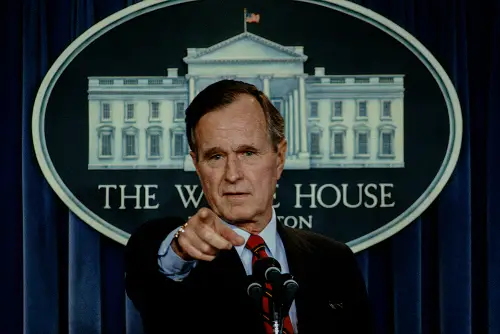
George H.W. Bush famously promised in 1988, “Read my lips: no new taxes.” It was a clear, bold pledge meant to appeal to fiscal conservatives. Unfortunately, by 1990, facing a growing budget deficit, he agreed to raise taxes. That reversal shocked voters and made the phrase synonymous with broken promises.
The tax increase damaged Bush’s credibility almost immediately. Many credit this broken pledge with helping Bill Clinton win in 1992. It became an enduring example of the political risk of overpromising. Bush’s personal integrity took a hit that lasted well beyond his presidency.
2. Bill Clinton – Middle-class tax cut
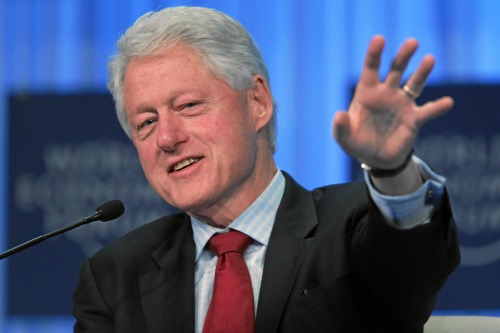
During his 1992 campaign, Bill Clinton promised a tax cut for the middle class. Voters hoped this would ease financial pressures at a tough economic time. Instead, once in office, Clinton ended up increasing taxes to reduce the federal deficit. This decision frustrated those who had trusted him to keep his word.
Critics argued that this reversal undermined Clinton’s credibility early in his presidency. Supporters noted it was necessary for economic stability. Regardless, the promise never materialized as voters expected. The episode serves as a reminder that fiscal realities can complicate campaign pledges.
3. Barack Obama – Closing Guantanamo Bay

Barack Obama campaigned in 2008 on the promise to close Guantanamo Bay. Many Americans hoped this would signal a new era in human rights. However, congressional opposition and legal complications kept the facility open. By the end of his presidency, dozens of detainees were still held there.
The inability to close Guantanamo disappointed human rights advocates. It highlighted how campaign promises can clash with political realities. Obama’s pledge was sincere but underestimated systemic hurdles. The Guantanamo example often pops up when discussing unfulfilled promises.
4. Donald Trump – Mexico will pay for the wall
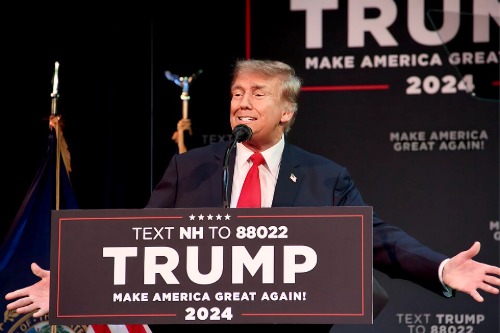
Donald Trump promised repeatedly during his 2016 campaign that Mexico would fund a border wall. The idea energized his base and became a central campaign slogan. Mexico consistently refused, and Congress did not provide full funding. As a result, the wall was partially built, and the promise largely collapsed.
Supporters argue that some construction was achieved, but it fell far short of expectations. Opponents saw it as proof of overpromising. The statement “Mexico will pay for it” became emblematic of political hype. It’s an easy example of a promise that never fully materialized.
5. Joe Biden – No new taxes under $400,000
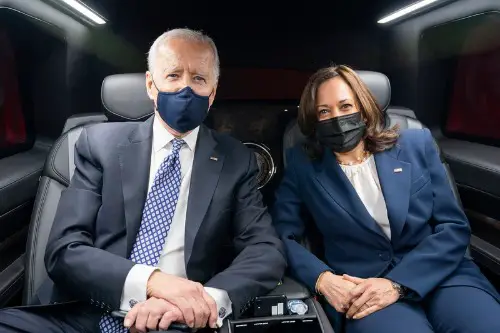
Joe Biden pledged in 2020 that no one earning under $400,000 would see a tax increase. It was meant to reassure middle-class voters. Later proposals suggested tax changes that could indirectly affect some of those Americans. This sparked debate about whether the promise was truly kept.
Some argue the promise was technically maintained, but many saw it as misleading. Critics focused on corporate and capital gains tax changes. The discussion highlights the difficulty of nuanced campaign language. Voters often interpret such promises very literally.
6. Mitt Romney – Jeep production in China
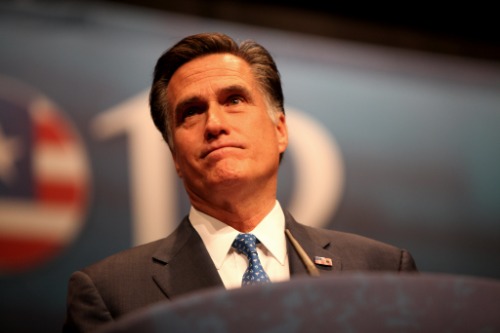
Mitt Romney claimed in 2012 that Chrysler would move Jeep production to China. The statement was part of a broader ad criticizing outsourcing. Chrysler quickly denied this, saying no such plans existed. Romney’s claim was widely criticized and labeled misleading.
PolitiFact even named it the “Lie of the Year” in 2012. The episode hurt Romney’s credibility during a tight race. It shows how inaccurate statements can derail a campaign message. Voters remember these moments far longer than nuanced policies.
7. Hillary Clinton – Trans-Pacific Partnership

Hillary Clinton originally supported the Trans-Pacific Partnership during her 2016 campaign. She later reversed her position, opposing the deal amid political pressure. This flip-flop frustrated both supporters and critics. The reversal became a focal point for discussions about her reliability.
Clinton’s change was partly due to backlash from unions and progressives. It illustrates how public pressure can force policy shifts. Voters often penalize politicians for changing positions. This promise’s collapse is a textbook example of political reality overriding campaign rhetoric.
8. John McCain – Comprehensive Immigration Reform
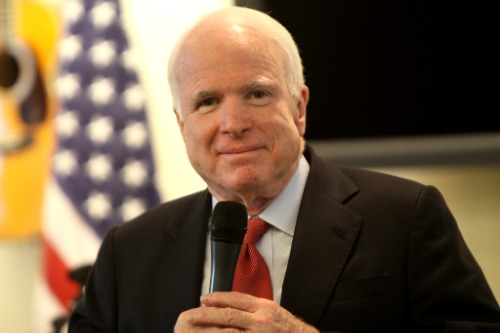
In 2008, John McCain advocated a path to citizenship for undocumented immigrants. It was a major part of his campaign platform. As the Republican base grew more conservative, he softened his stance. This shift alienated moderates who initially supported him.
McCain’s promise ultimately failed to materialize. Immigration reform stalled, and he faced criticism from all sides. The episode shows how party dynamics can override personal pledges. Campaign promises are fragile when political pressure mounts.
9. Newt Gingrich – 21st Century Contract with America
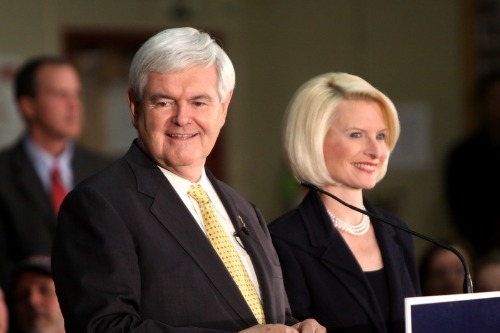
Newt Gingrich’s 2012 campaign promised sweeping reforms, including repealing the Affordable Care Act. The bold agenda excited conservative voters. Yet, the campaign never gained traction, and Gingrich eventually dropped out. The ambitious promises were never close to being enacted.
This failure underscores the challenge of turning big ideas into actionable policies. Gingrich’s example shows that political reality often clashes with campaign rhetoric. Ambitious promises can energize supporters but risk major disappointment. Voters tend to remember what actually gets done.
10. Howard Dean – “I Have a Scream” speech
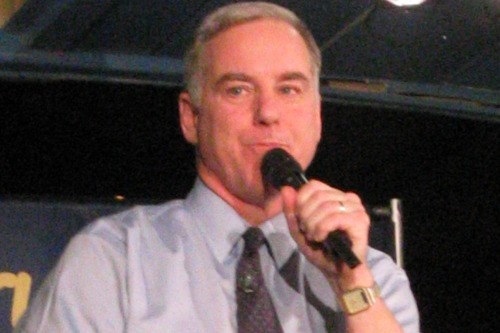
Howard Dean’s 2004 campaign stumbled after his infamous “I Have a Scream” moment. The speech was meant to convey energy and passion. Instead, it became a viral joke, overshadowing his policy plans. Dean’s early momentum evaporated almost overnight.
Media coverage amplified the gaffe, showing how optics can override substance. Despite strong early polling, the campaign collapsed. The incident is often cited as a cautionary tale for candidates. Public perception can derail even the most promising campaigns.
11. Bernie Sanders – Medicare for All

Bernie Sanders ran on a promise to implement Medicare for All. It was a signature issue for his progressive base. In practice, Congress was unlikely to pass such sweeping legislation. The promise remained aspirational rather than achievable.
Sanders’ experience highlights how structural and political barriers affect policy goals. While the idea energized supporters, it did not translate into law. Medicare for All remains a debated topic, illustrating the gap between ambition and feasibility. Campaign pledges sometimes serve more as vision than immediate policy.
12. Donald Trump – End the war in Ukraine
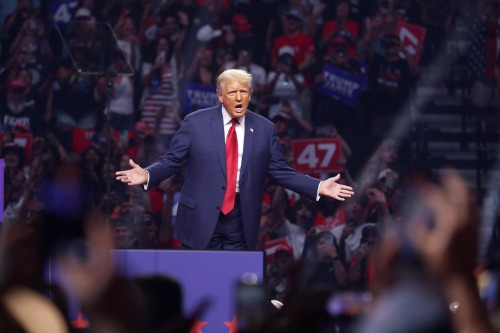
Donald Trump repeatedly promised to end conflicts abroad, including the war in Ukraine. The pledge was part of his broader “America First” foreign policy. The conflict continued despite his statements. Critics pointed to the limits of presidential influence in international crises.
This promise highlighted the difficulty of campaign pledges in foreign policy. Wars and international disputes rarely end on a politician’s timeline. Trump’s pledge showed that voters’ expectations can clash with reality. Promises about complex global issues are often the hardest to fulfill.
This post 12 Campaign Promises That Instantly Collapsed was first published on American Charm.


